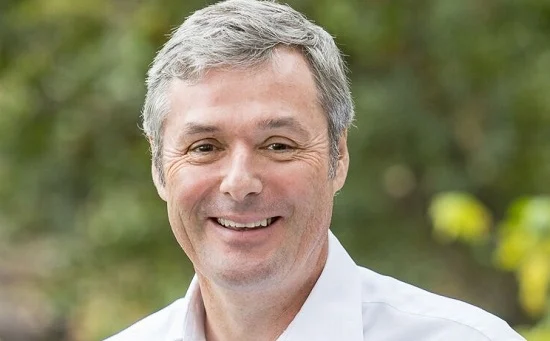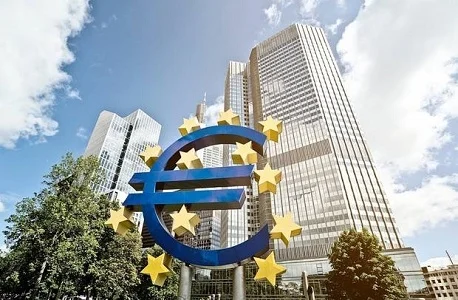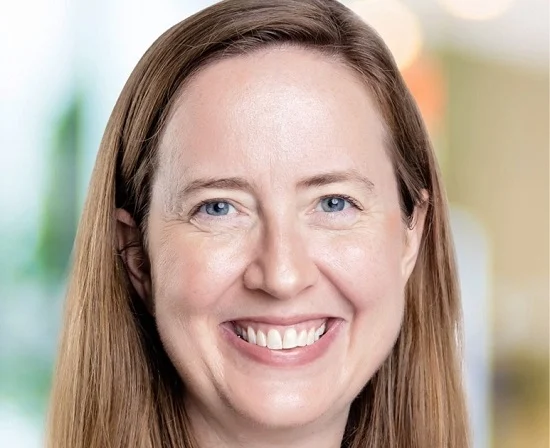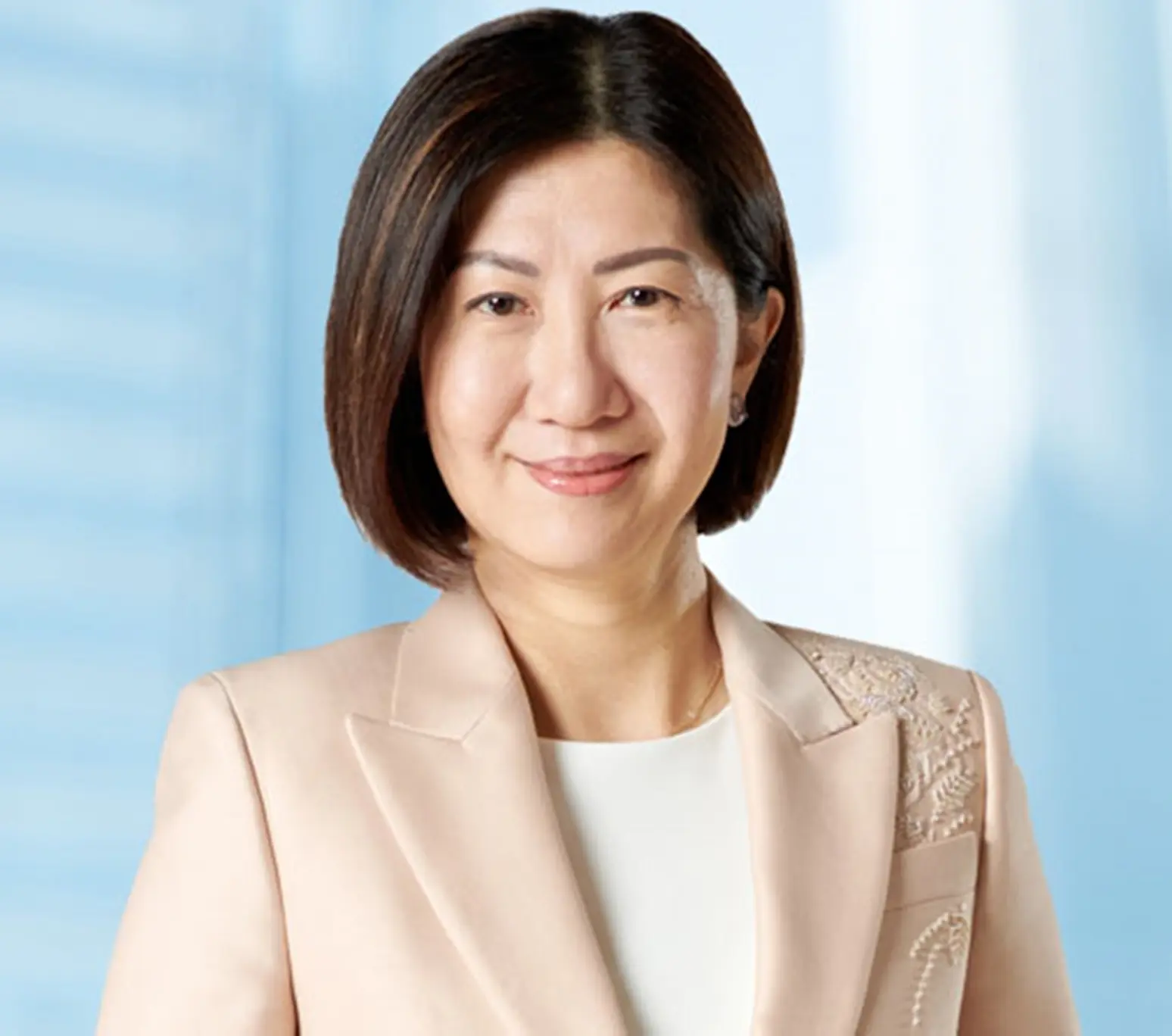SGX Commodities Day: Baltic Exchange chief Jackson discusses freight trends
15th December, 2022 | Luke Jeffs

Singapore Exchange's Baltic Exchange currently boasts more than 3000 members globally in more than five international locations
Mark Jackson, CEO of Baltic Exchange, began by introducing the London-based market which Singapore Exchange acquired in 2016 before appointing Jackson to run the business in January 2017.
Jackson told the delegation: “Some of you in the room might not know the Baltic Exchange. We’ve been around for over 275 years. We are a membership company as well as a benchmark administrator and our membership numbers have been increasing. People come in to membership for many reasons one is so that they can see who else is a Baltic member. We monitor all Baltic members, live KYC and this is part of their due diligence to do business with other Baltic members.”
3000 Members
Jackson added: “Certainly, in Asia we are seeing companies coming into membership, companies asking owners to tender for their business are saying that only Baltic Exchange members can tender for their business.”
The Baltic Exchange currently boasts more than 3000 members globally in more than five international locations.
Jackson said: “Our members are quite broad. We have business services and insurance, legal and arbitration as well as the trading side of things, and traditional owners and charters.”
The exchange provides a free dispute resolution and debt recovery service to its members, resolving disputes amicably and helping members firms recover millions of dollars of late or unpaid commissions.
A key function of the exchange is to administer benchmark indices for various underlying markets, including dry bulk, tankers, gas, containers and air freight as well as other tools for shipping investors.
Freight Benchmarks
Jackson said: “One of the things that we shout about is that we are enabling risk management, through trusted benchmarks, and being able to demonstrate that you are a trusted benchmark administrator is a big thing these days.
“We started producing benchmarks in dry then went into the tankers, now we also do gas; LNG and LPG. More recently, we’ve been doing airfreight and containers box freight. We do second hand values of vessels across the suite, we’ve got new building values coming out in January and we do recycling and scrapping.”
The Baltic Exchange also offers the ability to trade forward freight agreements, commodity derivatives that enable firms to manage their freight risk.
Jackson said: “Futures markets are based upon our indices and we sell our indices to different exchanges, not only SGX, and we bring them together in one feed that shows you the amounts of trades across all the indices. We provide intraday pricing as well. We collect and provide the forward curves back to those clearing houses and to the markets that feed into risk management systems as well.”
Benchmark Administration
Baltic Exchange was approved in March 2020 as a benchmark administrator by the UK’s Financial Conduct Authority (FCA).
Jackson said: “Being regulated is a big deal and we demonstrate how good we are by having an annual audit, carried out by PWC to make sure we are actually doing what we say we are doing, not only that our documentation is compliant.
“A lot of our data comes from panellists so we are assessing what our next deal is going to be. Shipping is quite low volume really, there are only 2,600 capes in the world so there is only a certain number of transactions going on. We have to interact with our panellists to make sure they know what they are talking about so we have a team that is validating the arguments as much as the numbers and we do all this to ensure we are providing trusted benchmarks.”
Baltic Exchange organises panels made by competitive shipbrokers that do not invest in the markets on which they report and are, therefore, free from conflicts of interest. Shipowners and charterers cannot be panellists under Baltic Exchange rules.
Black Sea Grain
Turning his attention to the conflict in Ukraine and its effect on the global shipping market, Jackson said: “Nobody is surprised that when you have conflict, freight rates tend to go up. Everyone thinks about grain and how grain is now coming out of Ukraine and Russia, and the price went up but it meant the smaller ships that mainly trade in the Black Sea were all in the wrong place so they were bringing cargoes in but there wasn’t a cargo to move them out. So you start getting inefficiencies coming in.”
He continued: “What is happening at the moment is South America is planting out. When Trump came in and said we are going to put tariffs on grain and the US grain market slowed down, South America planted more and we saw more volumes come out of there.
“The thing about South America is it doesn’t have a lot of inbound cargo so the more ships that are ballasting, more triangulation, the more ships you need and the more pressure comes on. So we have seen a general increase in the smaller sizes.”
The interruption to piped gas from Russia has increased demand for seaborne gas, particularly for the liquefied natural gas and liquefied petroleum gas that the Baltic Exchange also supports.
Chinese Crude Oil
Jackson said: “Energy was in the doldrums but now the mix is there because trade flows are all going in different places. Diesel is one of the stories that is happening under the radar and there are big movements on crude with China coming back into the game.
He continued: “On the freight side of things, we were suddenly seeing 14,000 lot a day on hedges while the open interest grew then it calmed down a bit but we are still seeing good stable volumes.”
Jackson said the global picture remains mixed as we move towards to the end of 2022 and all eyes remain on China as it emerges from the its Covid restrictions.
“On the Baltic Dry Index (BDI), we provide a composite forward price. At the moment people are still being a little pessimistic but to the back end of the year there is a bit more optimism on China. As we heard earlier, we don’t think the China story is over yet. If anything, China has the upside if they can sort out their Covid policy,” Jackson told the delegation.
The SGX Commodities Day was held in the Westin Hotel in London in November, and brought together some of the world’s top commodities traders, brokers and analysts, including SGX’s many commodities experts.
The presentations are being published in a series.
The first article covering the SGX Commodities Day in London is available here.
The second article in the series, featuring SGX's head of global sales Pol De Win, is available here
The third article includes an overview of SGX Commodities by the group's director Tan Tee Yong and is available here.
The fourth piece in the series covers a panel discussion on the changing global demand for iron ore.


